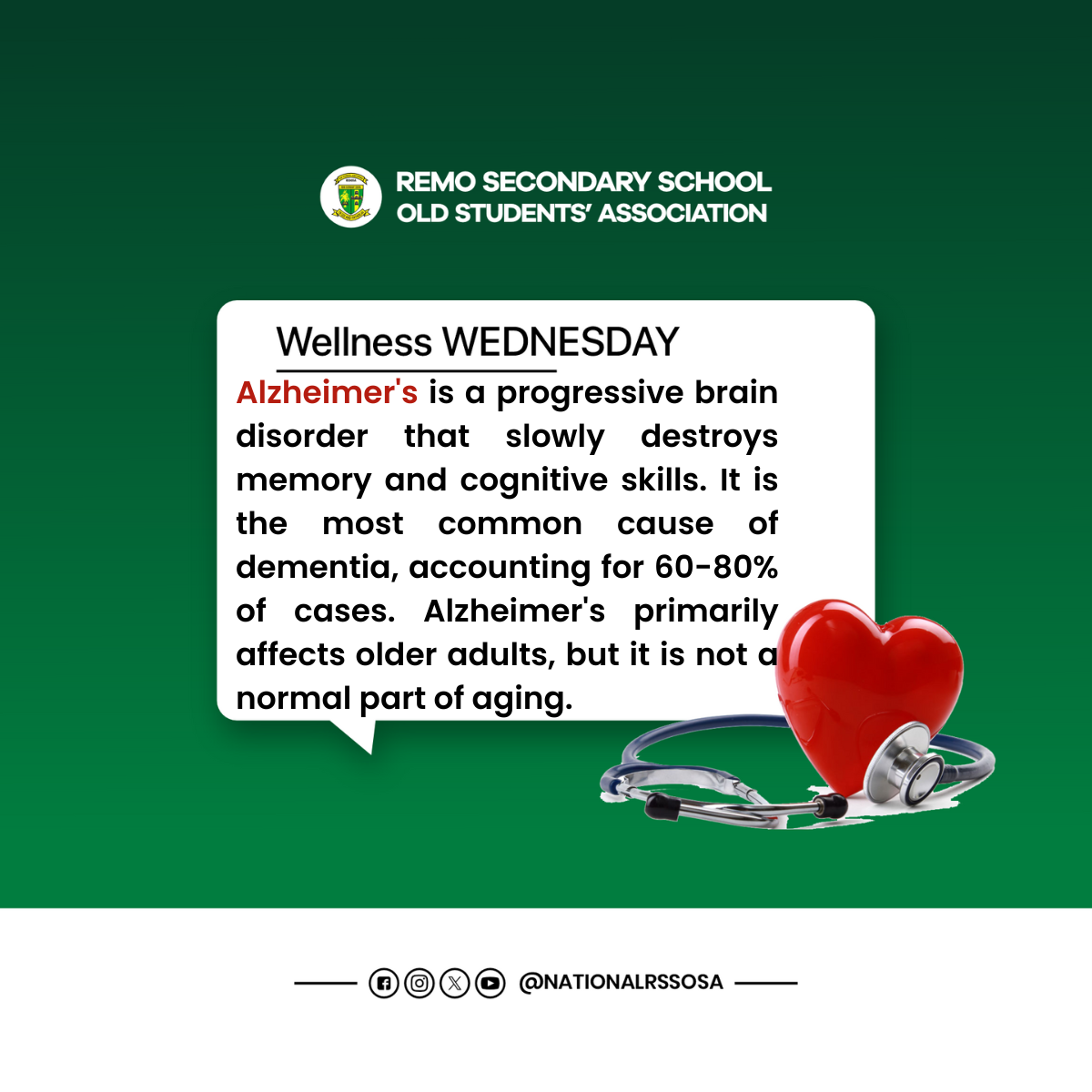
Learn about Alzheimer's disease, its early signs, risk factors, and tips for prevention. Understand how to support loved ones living with Alzheimer's.
Recognizing the early signs of Alzheimer's can lead to earlier diagnosis and better management. Some common symptoms include:
1. Memory Loss: Forgetting recently learned information or important dates.
2. Difficulty Planning or Solving Problems: Struggling to follow a plan, like following a recipe or keeping track of bills.
3. Confusion with Time or Place: Losing track of dates, seasons, or forgetting where they are and how they got there.
4. Trouble Understanding Visual Images and Spatial Relationships: Difficulty reading, judging distance, or recognizing their own reflection.
5. Problems with Words: Finding it hard to follow or join conversations, or having trouble naming familiar objects.
6. Misplacing Things: Putting things in unusual places and being unable to retrace steps to find them.
7. Changes in Mood or Personality: Becoming confused, suspicious, depressed, fearful, or anxious.
Risk Factors
While the exact cause of Alzheimer's is still unknown, several factors may increase the risk:
1. Age: The risk increases significantly after age 65.
2. Family History: Having a parent or sibling with Alzheimer's increases your risk.
3. Genetics: Certain genes have been linked to Alzheimer's.
4. Lifestyle and Heart Health: Poor heart health, high blood pressure, diabetes, and high cholesterol can increase the risk.
5. Head Injury: A history of severe head trauma may increase the risk.
Tips for Prevention and Brain Health
There is no guaranteed way to prevent Alzheimer's, but adopting a healthy lifestyle may help reduce the risk:
1. Stay Physically Active: Regular exercise promotes good blood flow to the brain.
2. Eat a Healthy Diet: Diets rich in fruits, vegetables, whole grains, lean proteins, and low in saturated fats can benefit brain health.
3. Engage Your Brain: Keep your mind active with puzzles, reading, learning new skills, and staying curious.
4. Stay Connected: Social interaction is important for mental and emotional health.
5. Sleep Well: Adequate sleep helps clear toxins from the brain and improves memory.
6. Manage Chronic Conditions: Control diabetes, high blood pressure, and cholesterol to help protect brain health.
Caring for someone with Alzheimer's can be challenging. Patience, understanding, and support are key. Create a safe and supportive environment, use simple communication, and engage in activities that are familiar and enjoyable for them. Seek support from Alzheimer's organizations and support groups for caregivers.
Conclusion
Alzheimer's disease is a complex and challenging condition, but awareness, early detection, and lifestyle choices can make a difference. Let's take care of our brains and support those affected by Alzheimer's.
Stay healthy, and take care of your mind!